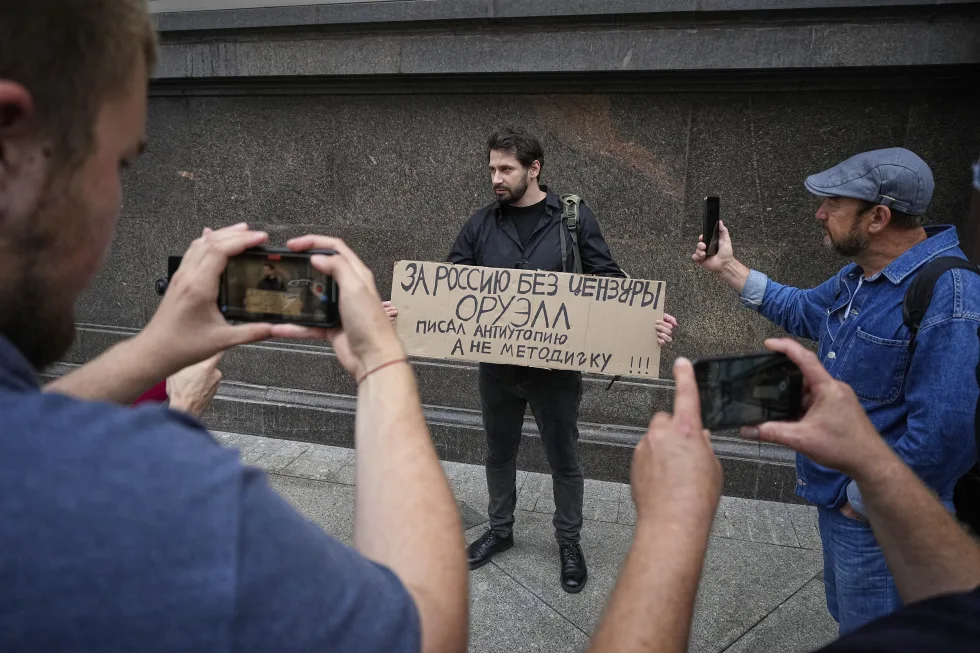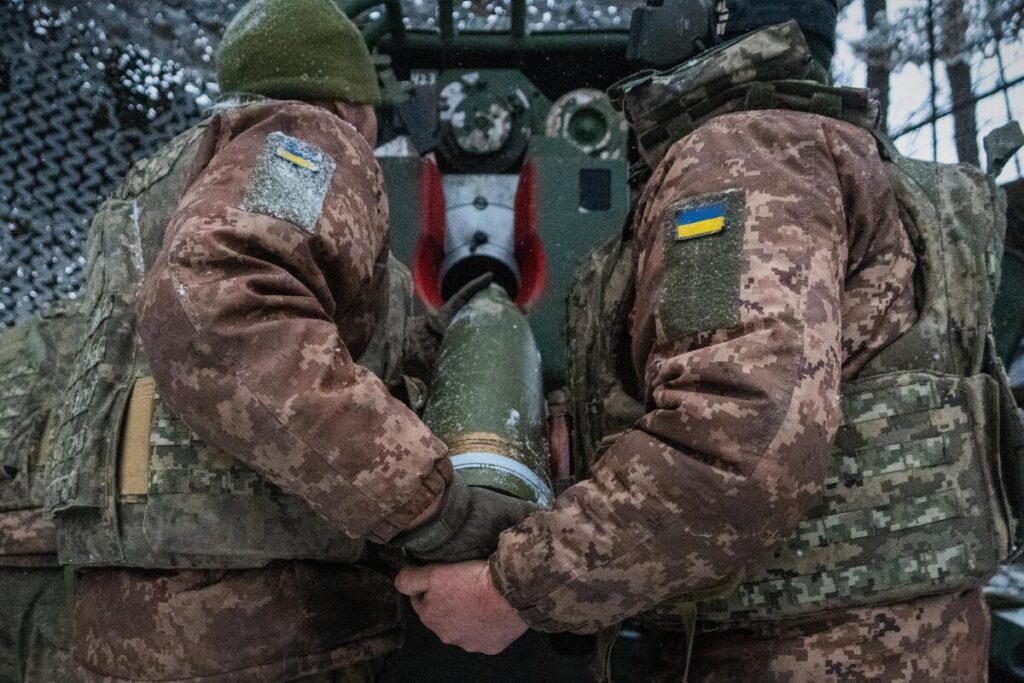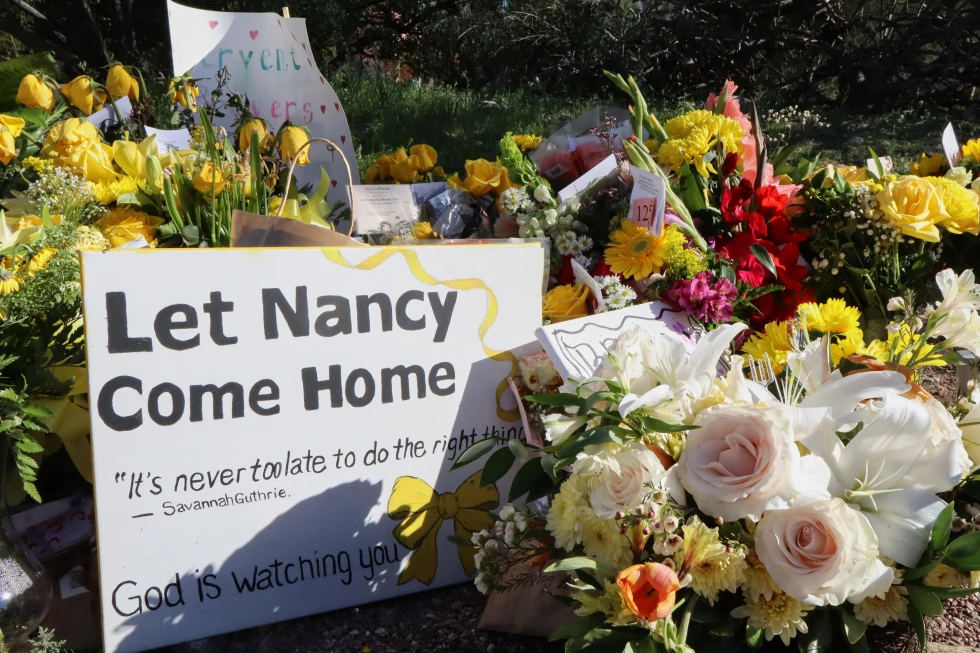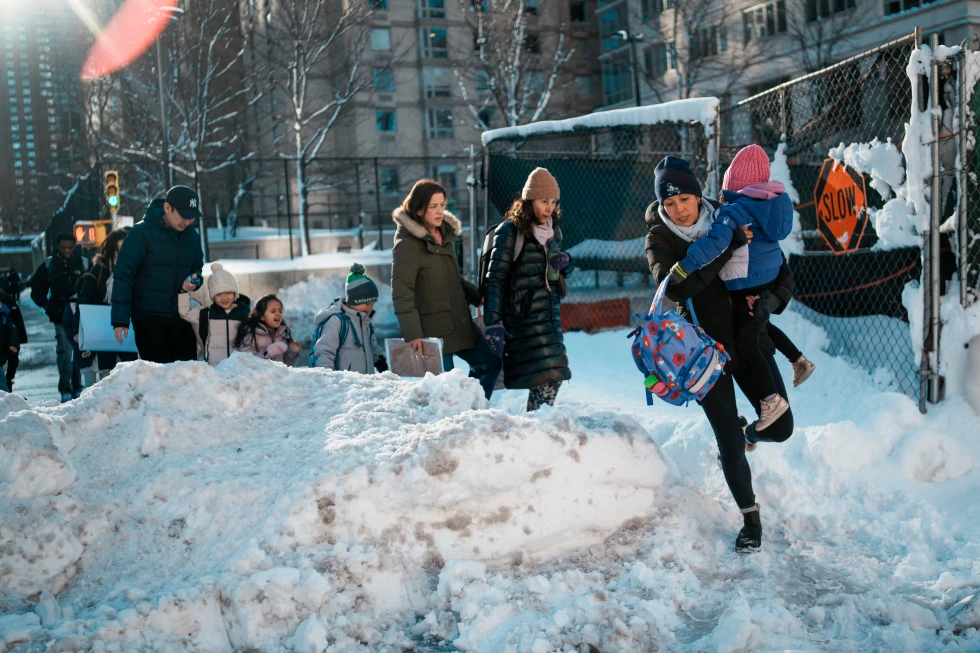Russia tightens internet control in 2025 crackdown

Russia Internet Control 2025: Crackdown Intensifies on Digital Freedom
The Russia internet control 2025 crackdown is making online access more difficult, restrictive, and dangerous. Citizens now face blocked websites, throttled mobile data, and even legal risks for searching the wrong terms online.
This summer, authorities passed a law that punishes users for searching “extremist” content. At the same time, mobile internet disruptions spread across cities, while censorship became more widespread and unpredictable.
Platforms like YouTube are harder to access. Independent news outlets go offline without notice. Although VPNs remain a popular workaround, they too are frequently blocked.
Kremlin Aims for Total Control
President Vladimir Putin has instructed his administration to suppress foreign platforms and blacklist services from “unfriendly” countries. As a result, access to global content is shrinking.
According to Human Rights Watch, the government’s strategy resembles “death by a thousand cuts.” Little by little, it is erasing the open internet in Russia.
Crackdown Started After 2011 Protests
The Russian government began tightening online control after the 2011–2012 anti-government protests. At that time, the internet helped activists mobilize and share uncensored news. In response, the Kremlin passed laws to monitor, censor, and block digital spaces.
Eventually, platforms like Facebook and Google were pressured to move servers to Russia. Although they refused, authorities kept increasing regulatory pressure. The goal became clear: create a “sovereign internet” that could operate separately from the rest of the world.
The Ukraine War Accelerated the Effort
After invading Ukraine in 2022, the Kremlin banned major platforms including Twitter, Facebook, and Instagram. It also blocked messaging apps like Signal and limited VPN access.
Last year, YouTube began slowing down across the country. Officials blamed Google for not maintaining its equipment in Russia. However, experts called it a deliberate attempt to censor online content.
At the same time, hosting providers like Cloudflare experienced throttling. Independent site Mediazona reported that other Western services faced similar issues.
WhatsApp May Be Banned Soon
Now, lawmakers are targeting WhatsApp. The app had over 97 million Russian users in April 2025. Officials hope to replace it with MAX, a new state-run messaging app developed by VK, Russia’s equivalent of Facebook.
MAX allows users to chat, pay bills, access government services, and more. Nonetheless, it shares data with the authorities and is pre-installed on all smartphones sold in Russia.
Despite the government’s push, the app has yet to gain popularity. As of July, just over 2 million people had registered.
Hosting and Infrastructure Under Pressure
In addition to apps, the Kremlin is also targeting web infrastructure. Sarkis Darbinyan of Roskomsvoboda said officials are pushing businesses to use Russian hosting providers, which the state can monitor and control.
As of this year, more than half of all Russian IP addresses are managed by just seven companies. State-owned Rostelecom controls 25% of them. This consolidation makes it easier to shut down sites or reroute traffic when needed.
Moreover, the cost of an internet provider license jumped from $90 to over $12,000, forcing many small operators out of the market.
Punishing Online Searches
A new law punishes people for searching banned content. This includes opposition materials, LGBTQ+ information, protest music, and even Alexei Navalny’s memoir, which was labeled extremist.
Cybersecurity expert Stanislav Seleznev said tracking searches is difficult. However, even a few arrests could create widespread fear.
Final Goal: A Controlled National Internet
According to experts, the government is moving closer to building a Russian internet that mirrors China’s “Great Firewall.” Anastasiya Zhyrmont of Access Now said both Telegram and WhatsApp were disrupted in July — likely as a test.
To force people onto MAX, Darbinyan explained, the government may shut down every Western alternative. Even so, changing user habits will take time.
Russia is not fully isolated online yet. Still, the Russia internet control 2025 campaign is rapidly advancing toward that goal.
Source: AP News
: 208







